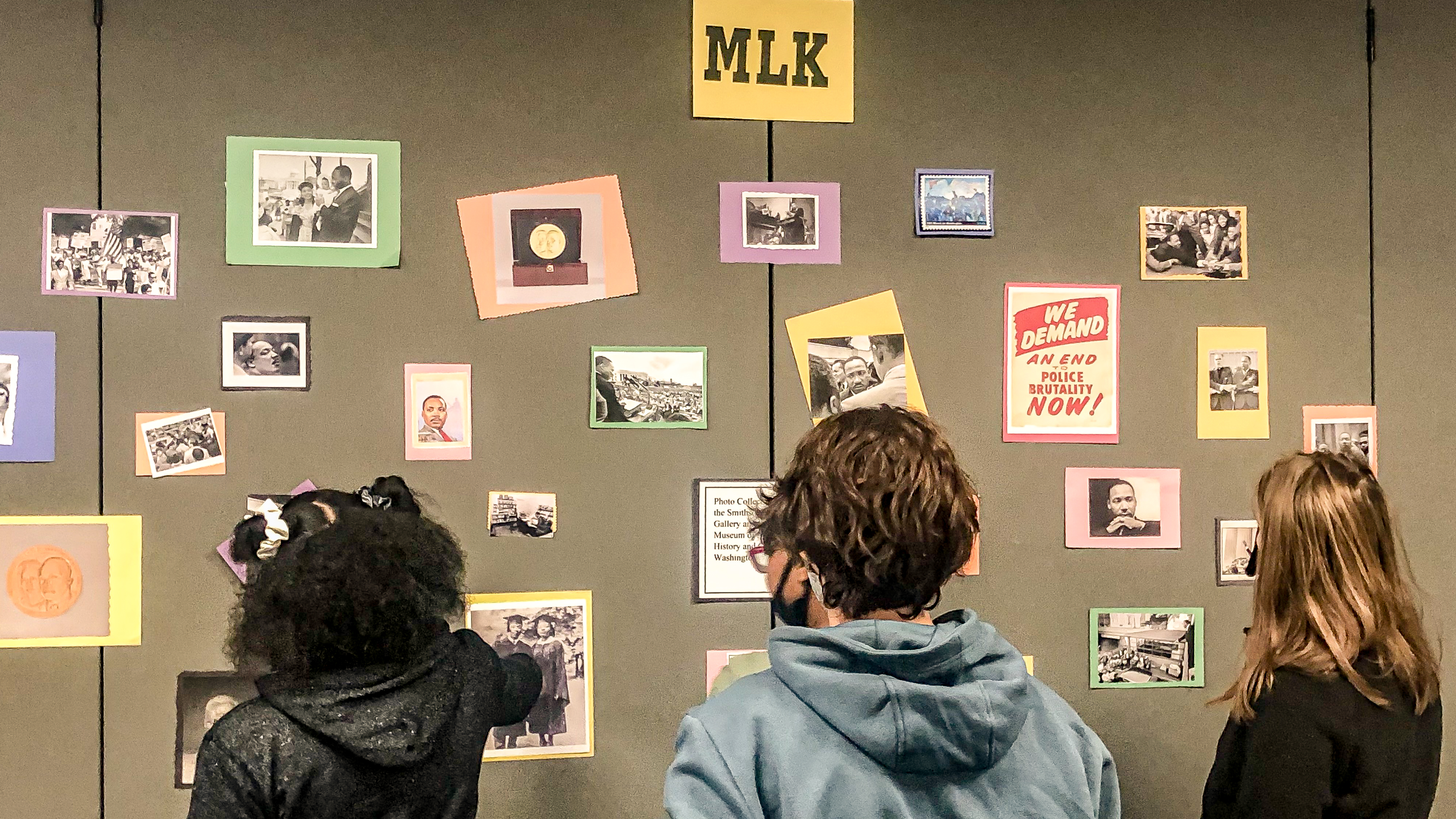By CharCarol,Program Manager, COMBAT and Expressive Arts
Many people often ask why we continue to celebrate Black History Month, especially in a society where we have elected the first Black President, and more recently the first Black Vice President of the United States. However, I think it’s important to remind ourselves why. Why do we continue to celebrate Black History Month?
Black Americans have faced an undeniably unique experience in this country. We have and continue to overcome the barriers and injustices that racism, especially anti-Black racism, has perpetuated. Black History Month is one of the many ways we as Americans can acknowledge the ways in which Black people have contributed to the building of our great nation. This history has been intentionally hidden, and too often misrepresented for centuries.
Dr. Carter G. Woodson, the founder of Negro History Week and the son of a former slave, earned a PhD from Harvard University in 1912. He was only the second Black American to do so after W.E.B. Dubois. Before he began his work, there was little information about the lives and contributions that Americans of African descent made in this country from the perspective of Black authors. Dr. Woodson believed it was of absolute importance that Black Americans were educated not only on their history, but all of America’s history.
In 1915, Dr. Woodson founded The Association for the Study of Negro Life and History to help publish African-American history and the work of Black scholars. In 1926, the Association established Negro History Week to coincide with the birthdays of Abraham Lincoln and Fredrick Douglass, both in the month of February. Today this celebration has expanded into Black History Month. Thanks to the efforts of Dr. Woodson and countless others we continue to celebrate not just Black history, but America’s history.
How we are recognizing Black History Month
In Our Residential Treatment Programs
As we celebrate the achievements that Black Americans have made in our country, music and the arts have played a significant role in the formation of America's popular culture. From the spirituals sung by enslaved people in the cotton fields, to the freedom songs during the civil rights era, music and art have been the driving forces of American culture.
Our expressive therapy team has spent the past few weeks exploring musical and visual artists of the 21st century. Youth who want to participate have created and reproduced visual and musical representations of Black Americans who have influenced them. It is heartwarming to see the hard work our youth have poured into these projects and how impactful it has been to them.
With Our Team Members
Our WIDE (Welcoming, Inclusive, Diverse, Equitable) activation team and others across our organization invited team members and youth to celebrate Black History Month by participating in a variety of team activities and community events.
Kicking off the month, team members were invited to a live reading by poet, Joseph Ross, reading from his book, Raising King. Attendees were astounded by his powerful words and the impact Martin Luther King had on the civil rights movement.
St. Louis Saxophonist, Rhonda G brought excitement to our Friday afternoon as she played for our team members. Wrapping up the month, our Eastern Missouri Team Engagement Committee will host a virtual Black History Trivia Lunch & Learn. Additional opportunities to educate, engage and celebrate with our team members included participation in local and national events and book recommendations.
At Cornerstones of Care, we insist and affirm that racism and racist violence have no place in safe and healthy communities, including our organization. In the words of Martin Luther King, Jr., “Nonviolence means avoiding not only external physical violence but also internal violence of spirit. You not only refuse to shoot a man, but you refuse to hate him.”



